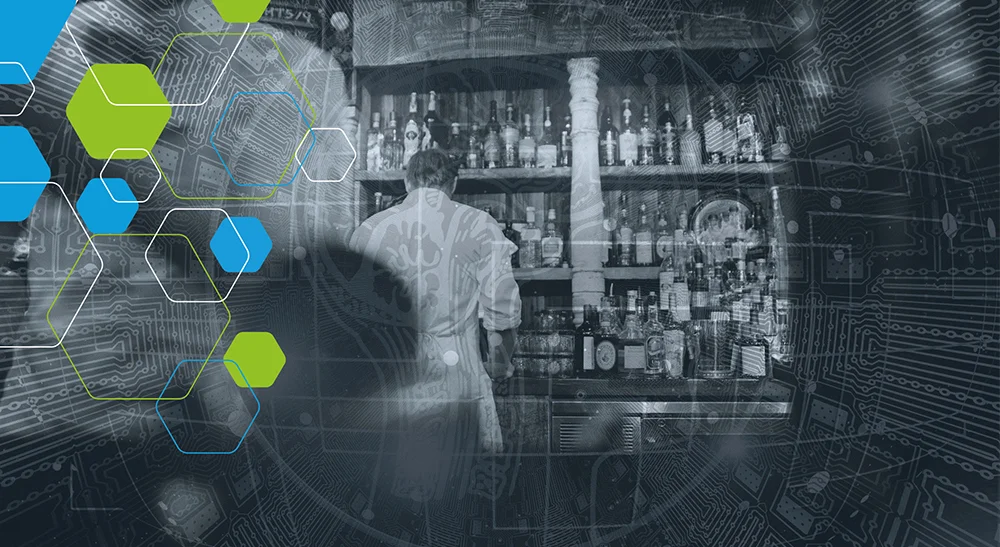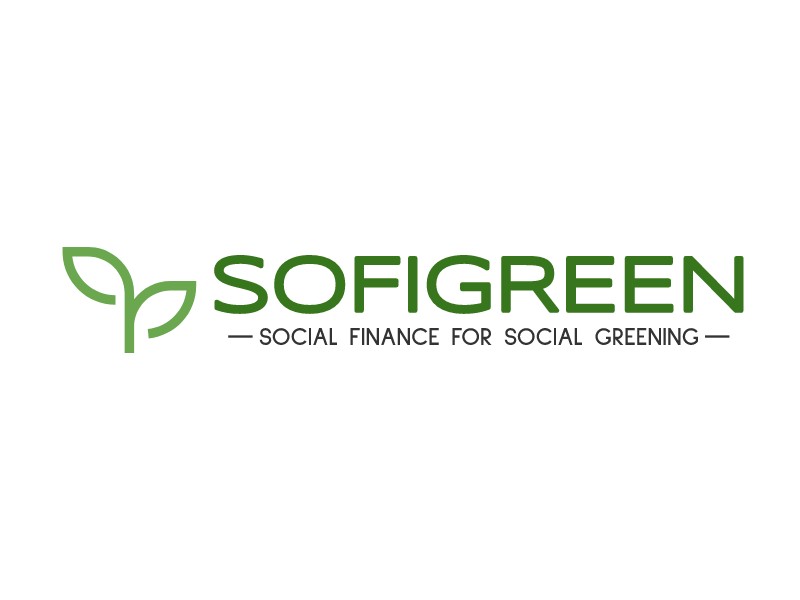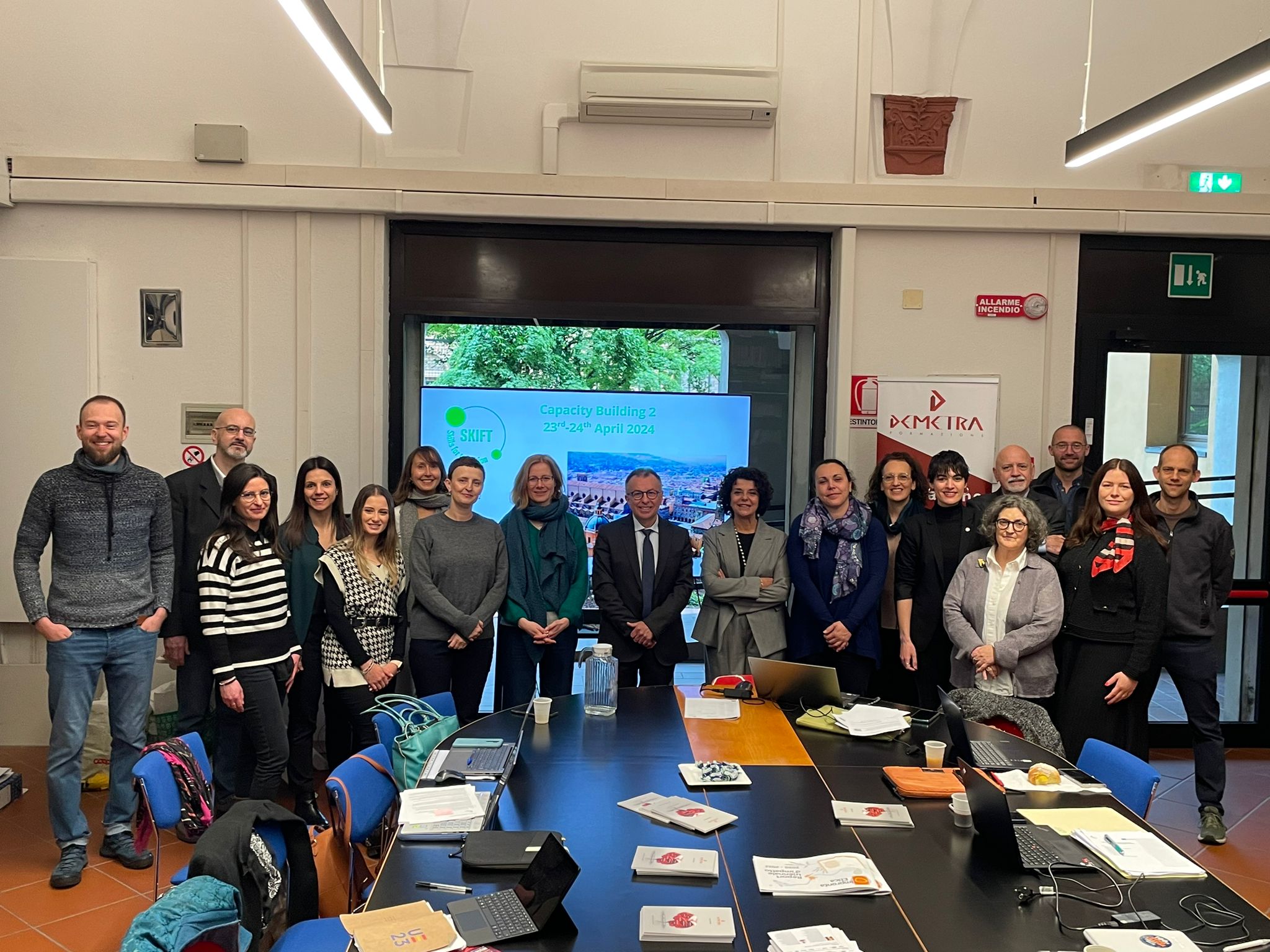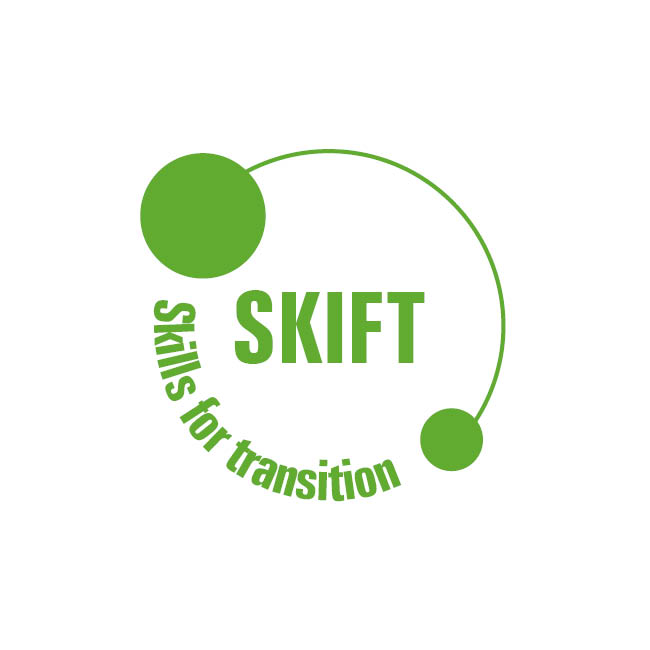Webinar, 28 April 2021, 2-5pm (CET)
Foundations and philanthropic organizations have some unique features in mobilizing resources (financial, human, intellectual ones) for the common good. Autonomy, flexibility, capacity to take risk and innovate, long–term vision distinguish them from public donors and other actors. Their potential in supporting social enterprises and achieving social impact does not merely reside in the quantity of the resources they make available, but also in their quality and the vast array of tools they can leverage (e.g. their endowment, their network of contacts, etc.).
Different in scope and focus, foundations, especially community foundations, have not only been working at a global and national level but also at the local one, to support, accompany and promote the development of communities.
But how have foundations and funders been supporting local social economy organizations so far? What challenges have they faced? Which is the unique role of community foundations, within the 2030 Agenda framework, in enhancing the development of local social economy and stimulate the transformative potential of communities? How can they connect the local and global level, undertaking local actions for the global good?
These are some of the questions that will be explored during this third and last seminar, organized by CEFEC (Social Firms Europe) and REVES in collaboration with Dafne – Donors and Foundations Networks in Europe and ECFI (European Community Foundation Initiative).
You will find the programme here.
Please register here.
Read More
European Social Economy Summit – one day to go! Join the discussions in our workshops!
Registration for the Social Economy event of the year, the European Social Economy Summit, is…
Event: “Projects of life and skills development: Different approaches to valuing parenting in work and life”
Online seminar, 26 March 2021 For two years, public authorities, representatives of SMEs and…
 Docs
Docs  Support
Support 






